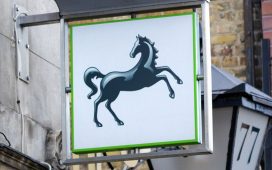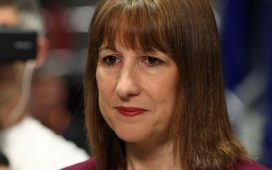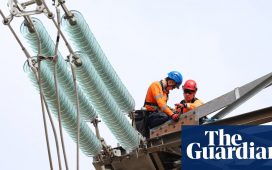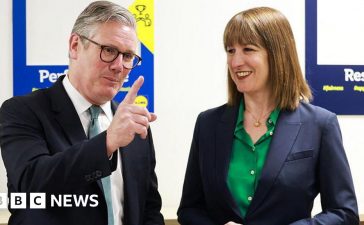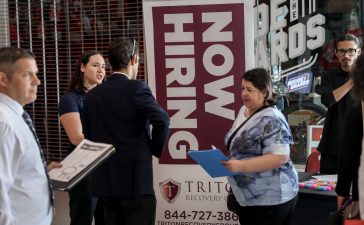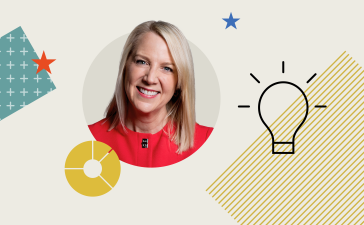Unlock the Editor’s Digest for free
Roula Khalaf, Editor of the FT, selects her favourite stories in this weekly newsletter.
Fraud victims in the UK are more likely to be compensated than those in other leading economies, according to a report by the Social Market Foundation for Santander UK.
Half of UK fraud victims surveyed received at least a partial refund for their losses, compared with an average of 34 per cent across 15 countries including the US, Japan, Australia and France.
The findings — based on a survey of 28,000 people — come at a time of heightened scrutiny around compensation for authorised push payment (APP) fraud, where victims are tricked into sending money to fraudsters posing as genuine payees.
In the UK, four in 10 victims of fraud were fully compensated by their bank, compared with 32 per cent in the US, 15 per cent in Japan and 14 per cent in Germany, the study showed.
The question of who should be liable to compensate APP fraud victims has been at the heart of a tussle between the financial industry and regulators. Trade body UK Finance estimates that Britons lost £459.7mn to this type of fraud last year.

The Social Market Foundation report also found that one in five respondents had been a victim of fraud across the 15 countries surveyed between 2021 and 2023.
“It is not just the UK that is besieged by fraudsters — both developed and developing countries face huge fraud challenges,” said Richard Hyde, who co-wrote the report.
New rules to make banks and payment companies liable for compensating victims are set to come into place on October 7. Lobbying efforts by the industry have led regulators to lower the maximum reimbursement threshold to £85,000 from £415,000 per claim.
Despite the higher rate of reimbursement in the UK, consumer groups say regulators are right to force banks to do more to refund victims facing a “lottery” of highly variable compensation rates from different banks.
Data from the Payments Systems Regulator shows that Monzo, AIB and Danske Bank only fully refunded APP fraud victims in less than 10 per cent of cases. By contrast, Barclays, TSB and Nationwide had fully refunded customers in 82, 95 and 96 per cent of reported cases, respectively.
“UK consumers face a lottery dependent on who they bank with in terms of their chance of receiving a fraud refund, so we welcome new rules that should raise fraud protections to a level similar to that which we offer,” said
Nicola Bannister, customer support director at lender TSB.
Banks and payment companies have also called on the tech and telecoms sectors to do more to prevent fraud from flourishing on their platforms, adding that they should share some of the cost burden with the financial sector.
“To help reduce fraud levels in the UK, social media companies and telephone firms must be responsible for the fraud they expose their users to,” said Bannister.
Other jurisdictions including Australia and Singapore are moving towards different approaches where liability for fraud compensation extends to other sectors including telecoms and social media.
Jenny Stainsby, partner at law firm Herbert Smith Freehills, said such approaches were “more balanced” than the UK’s. Before the Labour party was elected in July, it had drafted plans to make tech companies liable to fraud reimbursement, but it is unclear how far the government is prepared to push for big tech to play their part.


